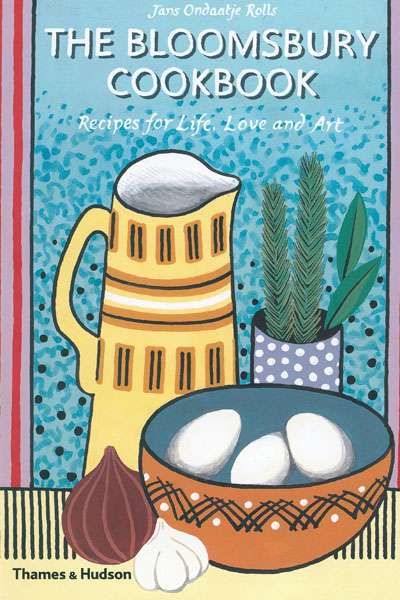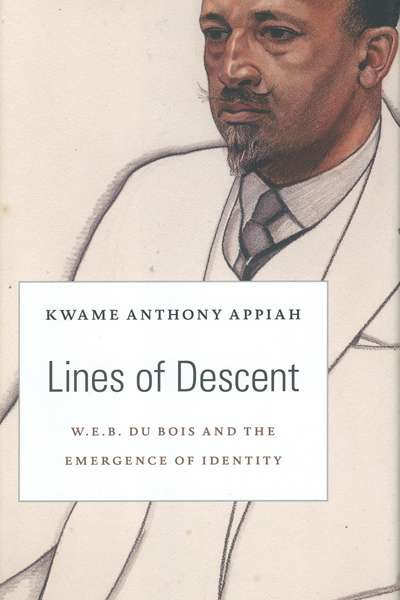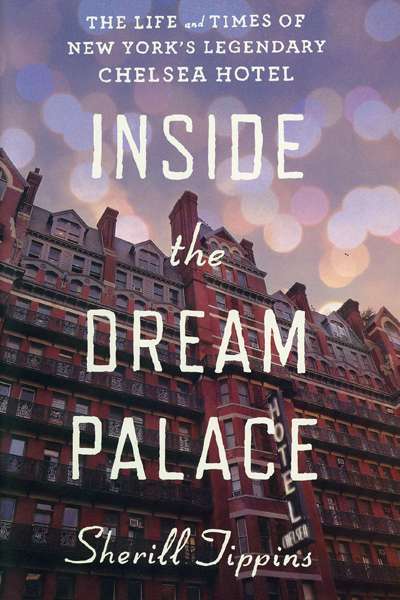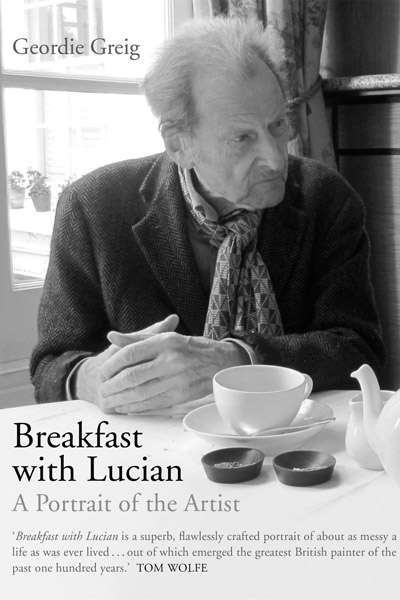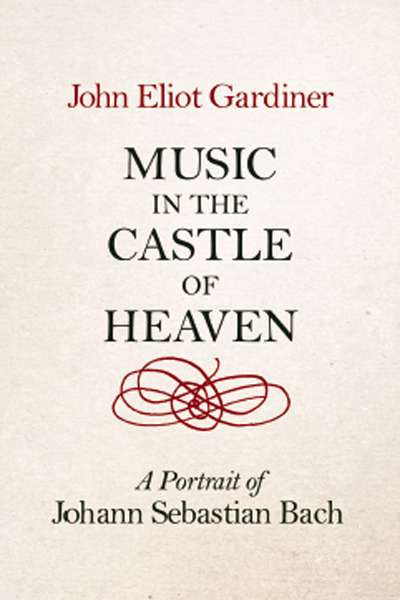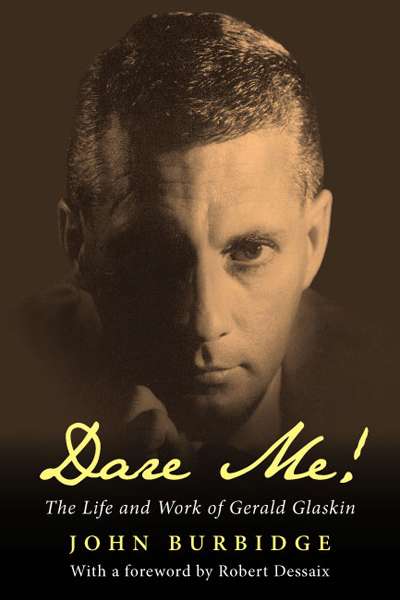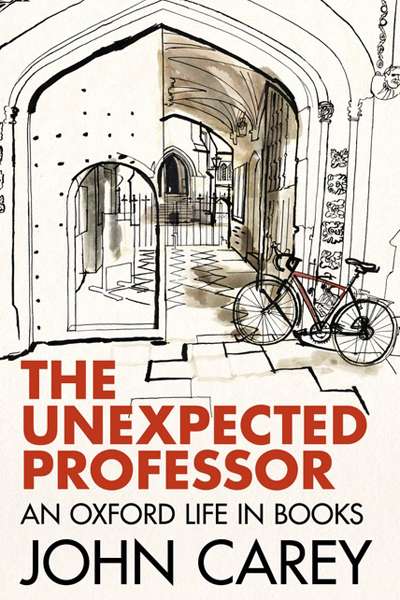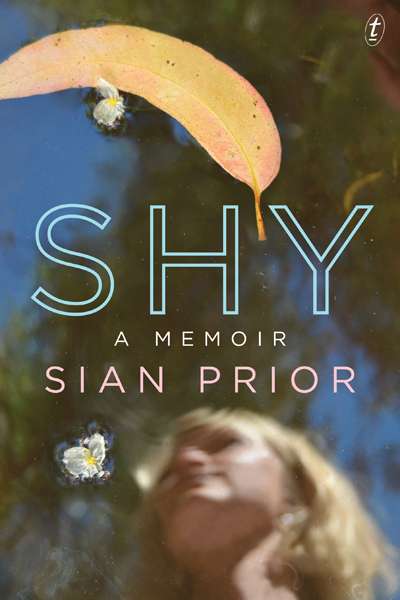Non Fiction
The Bloomsbury cookbook: Recipes for life, love and art by Jans Ondaatje Rolls
In the first volume of Virginia Woolf’s diary (1915–19), an entry in June 1919 mentions England’s possibly ruined strawberry crop. ‘This is a serious matter for us as we have just bought 60 lbs. of sugar, & had arranged a great jam making. Strawberries are 2/ a lb. at this moment. Asparagus 6d & 7d, & yesterday at Ray’s I ate my first green peas.’
I have always wondered who made the jam. In 1916 Nellie Boxall began cooking in the Woolf household and stayed there for eighteen fraught years (Alison’s Light’s book Mrs Woolf and the Servants [2009] is illuminating). Woolf’s diary entry does not make it clear whether the ‘great jam making’ was undertaken by the servants alone or whether she put down her pen to help.
... (read more)Lines of Descent: W.E.B. Du Bois and the emergence of identity by Kwame Anthony Appiah
William Edward Burghardt Du Bois (1868–1963) forged one of the most remarkable careers of his generation. Starting in the 1890s, often considered the nadir of race relations in the United States, he became the first black man to hold a Harvard bachelor’s degree; emerged as Booker T. Washington’s most eloquent opponent on the issue of segregation; published pioneering work across many genres, including The Souls of Black Folk (1903); and after founding the National Association for the Advancement of Colored People (NAACP) went on to become the dominant voice of the Pan-African movement.
... (read more)Inside the Dream Palace: The life and times of New York's legendary Chelsea hotel by Sherill Tippins
In the heyday of Manhattan hotels, the Chelsea Hotel had its own special niche. The Pierre exuded wealth and exclusivity, the Plaza a sort of bourgeois glamour as the place where the bridge and tunnel crowd would throw caution to the wind and rent a corner suite for big occasions, and the Algonquin, with its round table and Hamlet the cat, radiated intellectual chic. The Chelsea had a sleazy, dangerous style, a place where almost anything went, where famous edgy artists got up to no good. It is no surprise that when, on a hot summer night in 1953, Gore Vidal and Jack Kerouac decided that they owed it to literary history to have it off, they chose the Chelsea for the momentous coupling. Even in late 1970s Manhattan, among a certain group to have sex at the Chelsea was considered almost a rite of passage.
... (read more)For Auld Lang Syne: Images of Scottish Australia from First Fleet to Federation | Art Gallery of Ballarat
I have been looking at the world through tartan frames recently, thanks to the current exhibition ‘For Auld Lang Syne: Images of Scottish Australia from First Fleet to Federation’ and its accompanying catalogue ($75 hb, 335 pp). Actually, to call it a catalogue doesn’t do it justice; its 335 pages ransack dozens of different angles of the Caledonian experience, with essays by its curators,Alison Inglis and Patricia Tryon Macdonald, the Art Gallery of Ballarat’s director Gordon Morrison, and a dozen others.
... (read more)Breakfast with Lucian: A portrait of the artist by Geordie Greig
He painted Kate Moss naked. The Kray twins threatened to cut off his painting hand over bad gambling debts. He was officially recognised as father to fourteen children by numerous partners, but the unofficial tally could be as high as forty (three were born to different mothers within a few months). He is Lucian Freud, grandson of Sigmund Freud, born in Berlin on 8 December 1922. All of his gambling disasters came from using his ‘lucky’ birth number, eight. Fittingly, he died at the age of eighty-eight in 2011.
... (read more)Music in the Castle of Heaven: A portrait of Johann Sebastian Bach by John Eliot Gardiner
I was a part-time pilgrim on John Eliot Gardiner’s extraordinary year-long journey, from Christmas 1999 to New Year’s Eve 2000, when he took Johann Sebastian Bach on the road. Gardiner’s Bach Cantata Pilgrimage, with his fifteen-member Monteverdi Choir and the twenty instrumentalists of the English Baroque Soloists, performed in Britain, Europe, and the United States all of JSB’s 198 surviving sacred cantatas on the liturgically appropriate days for which they were composed.
... (read more)Dare Me!: The life and work of Gerald Glaskin by John Burbidge
Never heard of him – that’s the most common reaction when I mention Gerry Glaskin. Some Western Australians remember him, as they should: he was born and spent his last years there. Yet in between he was a bestselling novelist in the 1950s and 1960s. He was translated into French, German, Swedish, Russian, Spanish, Dutch, Italian, Danish, and Norwegian. Doubleday commissioned him to write a book about northern Australia. He was also a prolific short story writer, with two published collections. All of this is documented in the appendix and reference list of Dare Me! So how and why has Glaskin been erased from the Australian literary consciousness?
... (read more)The Unexpected Professor: An Oxford life in books by John Carey
John Carey’s The Unexpected Professor: An Oxford Life in Books has three intertwined components: autobiographical memories from Carey, a prolific author and book reviewer and former Merton Professor of English Literature at Oxford; his six-decade interaction with that university; and ‘English literature and me, how we met, how we got on, what came of it’. The book is also a microcosm of twentieth- century Britain and its educational, intellectual, and class systems. Carey, born in 1934 into a far from wealthy family, benefited from the grammar school system that enabled him to win a scholarship to St John’s College, Oxford, where he gained a congratulatory first in English.
... (read more)Shy is a strange beast – part memoir, part journalistic investigation, part cri de coeur. Reading it, you are immersed in the interior life of an intelligent and sensitive woman. The experience is unsettling, almost voyeuristic. You wonder whether you should be sharing such an intense and honest self-scrutiny, and often feel as if you were breaching the sanctity of the confessional. But discomfort is Sian Prior’s aim: she wants the reader to feel the unease and embarrassment she has had to cope with all her life. For Prior suffers from a common but crippling social anxiety: she is painfully shy.
... (read more)In a 2011 lecture, David Crystal, a leading authority on the English language, spoke about the possibility of a ‘super-dictionary’ of English – a dictionary that would include every word in global English. Such a dictionary was, he acknowledged, a ‘crazy, stupid idea’, but an idea that seemed somehow possible in the electronic age, where the constraints of print no longer apply.
Dictionaries in the mould of Samuel Johnson’s A Dictionary of the English Language (1755) and James Murray’s Oxford English Dictionary (OED, first volume 1884) have shaped our understanding of what a dictionary is. Dictionaries of the twentieth century, from Webster’s to the Chambers Dictionary to the Macquarie Dictionary to the Australian Oxford Dictionary, have followed in their footsteps.
... (read more)

